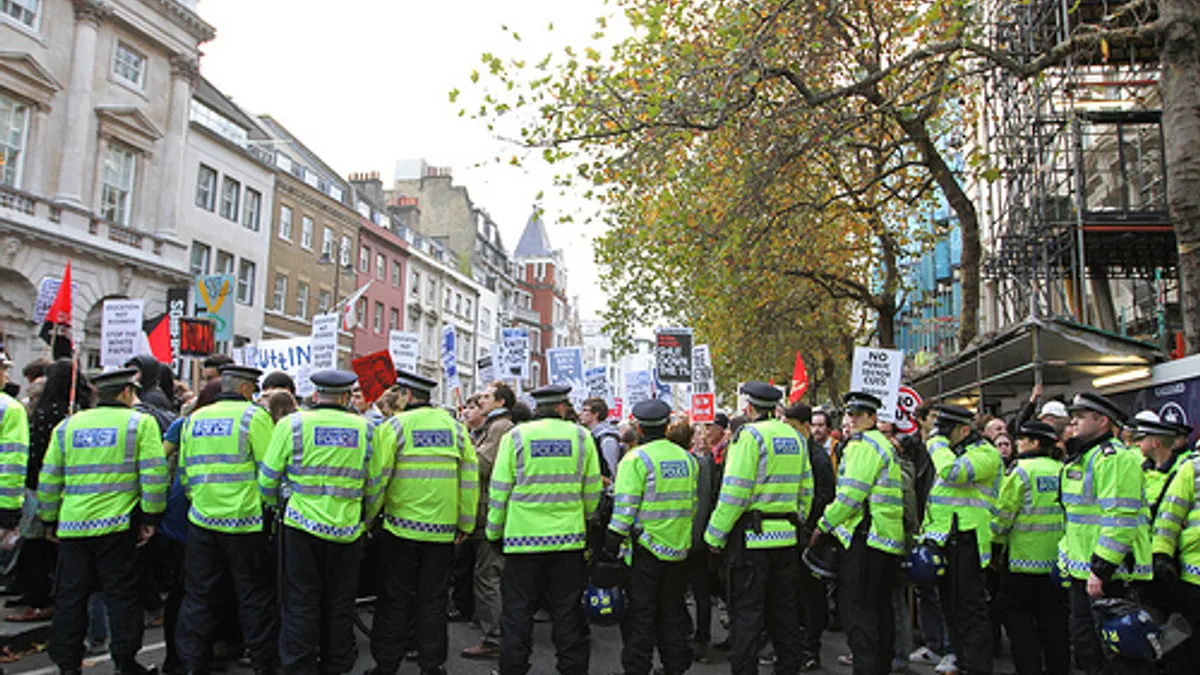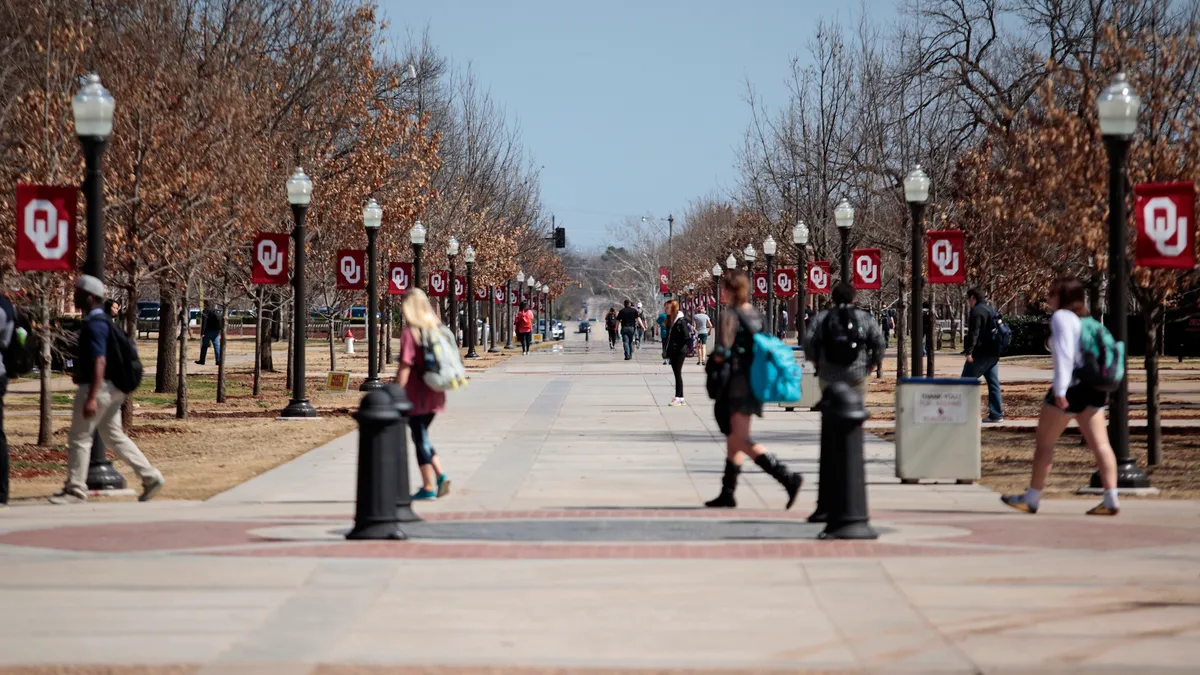Students from Stoneman Douglas High School in Parkland, Florida, are taking the nation’s elected officials on the topic of gun violence. Across the country, hordes of other students have participated in walk-outs and other protests in support of the Parkland students and in overall frustration with the lack of action taken on gun control in the wake of recent school shootings — there was another one this week in Maryland, but in that case, authorities say, the gun was owned legally by the shooter’s father.
Response from educators has been mixed; some have been very supportive of their students, marching with them and turning the protests into learning opportunities. Others have threatened disciplinary action for students who choose to walk out of class.
Some higher ed leaders have spoken up to declare future protections for students who participate in protests. Admissions officers at schools like MIT and elsewhere have promised not to hold those suspensions against those students. Virginia State University President Makolla Abdullah reminded the public that his institution and many others “were literally built and sustained on the idea of peaceful protest.”
But some have pointed to the irony in the overall support of this crop of protests in light of an overall disdain for other protests, particularly those involving violence against unarmed people of color. It is important for educators to extend the same considerations to students who peacefully protest any issue that hits close to home for them — and to turn those protests into teachable moments.
The same reasons we value other extracurricular involvement would also suggest that students who are passionate about something and organize movements would be more successful students and citizens. It’s the job of educators from K-16 to teach them how to organize, research their cause and demands and exercise their civic rights. Whether or not those educators agree with the cause and demands is far less relevant than what students learn in the process.
At Governors State University in Illinois, for example, students complete a service learning project as part of their first-year experience in which they research an issue close to them, raise funds to support and plan and execute an awareness campaign to help generate additional support. Not only does this provide teachable moments in organizing, research, fundraising, marketing and other skills that will serve the students well post-graduation, it allows students to be engaged around something they really care about, making the material relevant to them.
Research has shown that when relatable materials are used in instruction — known in the K-12 space as culturally relevant pedagogy — students are more successful. Not only that, but it shows students that faculty members care about them and their experiences, helping to foster a sense of community, which has also been proven to impact persistence.
All signs indicate that protests are not going to stop any time soon. And they can either drive a wedge between students and administration, or they can serve as teaching moments and an opportunity to reinforce the skills students need to succeed in the rest of their educations — and in life.









